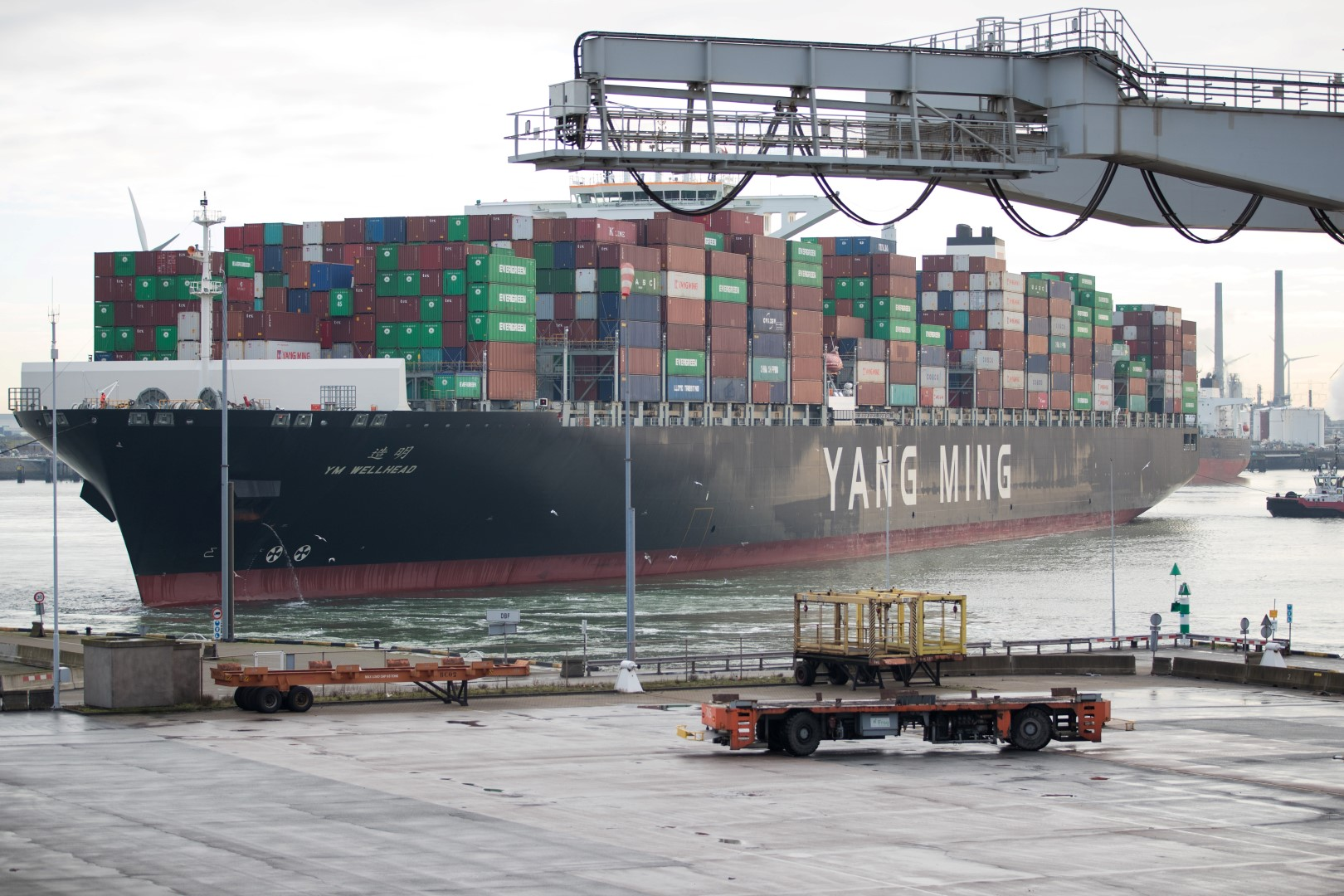
Our Projects are
Transforming African Trade
Quick Contacts
2nd Floor, Fidelity Insurance Centre Waiyaki Way, Westlands

The bill would update how the US evaluates and enforces nations’ eligibility to benefit from the African Growth and Opportunity Act. Image: Jasper Juinen/Bloomberg
US senators introduced a bill to extend the nation’s trade programme with about 40 sub-Saharan African nations until 2041, helping them maintain duty-free access to the world’s biggest economy.
Jim Risch, a Republican from Idaho, and Delaware Democrat Chris Coons introduced the legislation to extend the African Growth and Opportunity Act (Agoa), which was first enacted in 2000, on Thursday. The current iteration of Agoa is due to expire in 2025.
The extension “would offer businesses the certainty they need to increase investment in sub-Saharan Africa at a time when many firms are looking to diversify their supply chains away from China,” the Senate Foreign Relations Committee said in a statement. “Sub-Saharan Africa is home to the world’s youngest population and many fast-growing economies, and AGOA has played a critical role in advancing economic development and strengthening US economic engagement in the region.”
Last year, President Joe Biden terminated four nations’ eligibility for the act’s benefits because they failed to meet Congress’s requirements on respecting human rights and democracy.
These include Uganda – dropped in response to its draconian anti-LBGTQ laws – as well as the Central African Republic, where Russian mercenary group Wagner established a presence in recent years. Gabon and Niger, both of which had coups in 2023, were also excluded.
The bill would update how the US evaluates and enforces nations’ eligibility to benefit from Agoa. In its current form, the law requires annual reviews of all sub-Saharan African nations’ eligibility; the new legislation would reduce the frequency to every two years, freeing resources to focus on the act’s implementation and enforcing its rules, the committee said in a summary.
North Africa inputs
The legislation would modify Agoa’s rules of origin to allow inputs from North African nations that are members of the African Continental Free Trade Area, which would be the world’s biggest free-trade zone by area when it becomes fully operational by 2030.
North African nations’ inputs can count toward the requirement that 35% of a product’s value originate in the region, which would help support the development of intra-African supply chains. To participate in this, North African countries must meet Agoa’s rules on governance, human rights and foreign policy.
Changes included in the bill ensure that if a country is classified as high-income based on World Bank measures of gross domestic product per capita, they would only lose access to Agoa if they maintain high-income status for five years. This helps account for volatile GDP numbers and minimises the shock of losing access to the programme.
Read original article
Disclaimer: The views and opinions expressed in this article are those of the authors and do not necessarily reflect the official policy or position of TradeMark Africa.